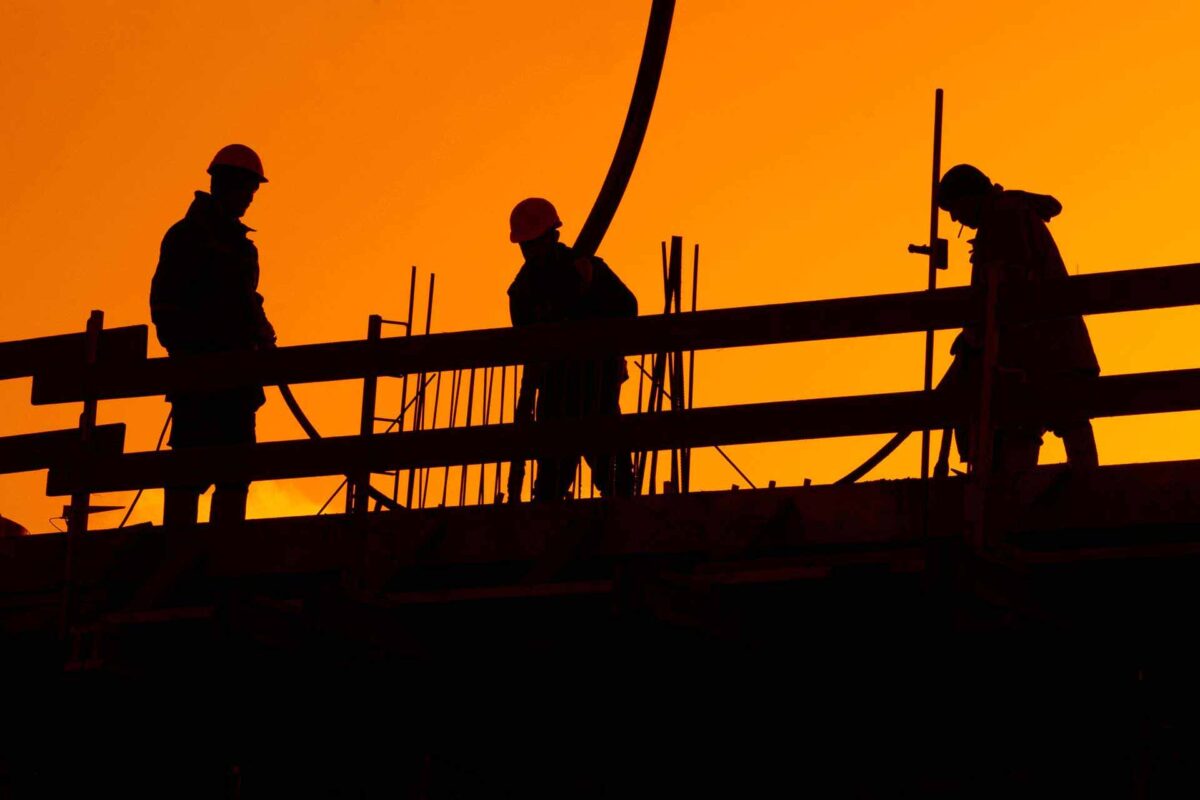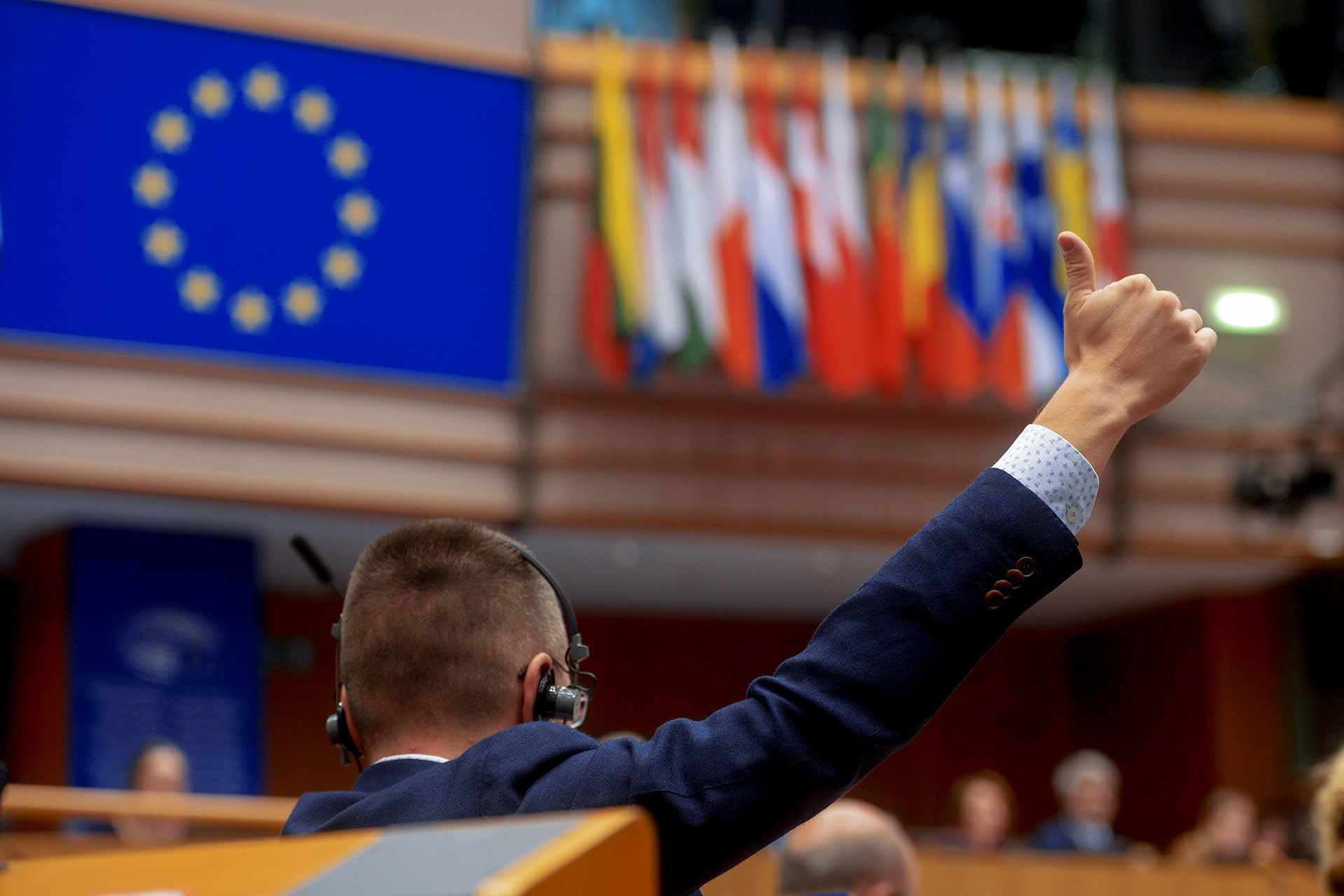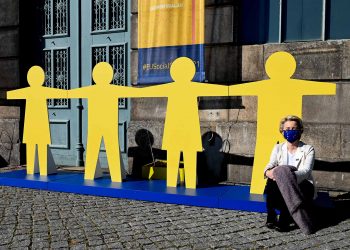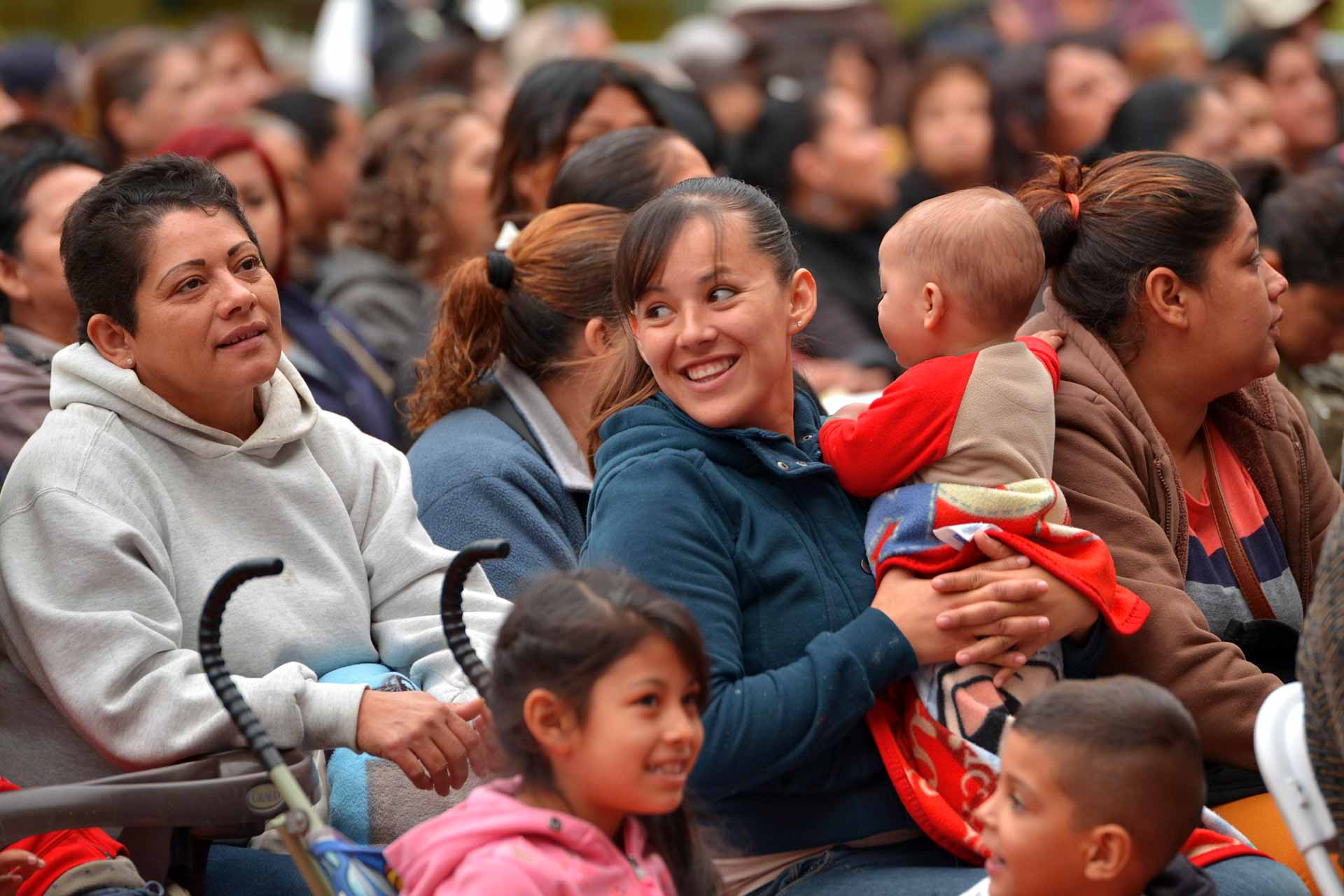To fight in-work poverty, MEPs want action on minimum wages and support for those most at risk including women and gig economy workers. Nearly 10% of EU workers are living in poverty, with 21.7% of the population affected by poverty or social exclusion. On top of this, the pandemic risks exacerbating inequalities in the EU.
In light of this, MEPs are urging the European Commission and EU countries to include the prevention of in-work poverty in their overall goal to end poverty in the EU because the principle according to which “work is the best remedy for poverty” does not apply to low-wage sectors and those working under precarious and atypical working conditions. In a report adopted 9 February, MEPs called for minimum wages to be set above the poverty threshold.
Same minimum wage for all EU countries is not possible!
We need urgent action. We needed action yesterday across Europe. We need minimum standards. We need strong social security systems. We need wages and income that allow for decent living
Özlem Demirel (The Left)
European directive on minimum wages
MEPs welcomed the Commission’s proposal for EU rules on adequate minimum wages, describing it as an important step to ensure that everyone can earn a living from their work and participate in society. They said the law should ensure employers do not deduct the costs for carrying out work, such as accommodation or equipment, from minimum wages.
21 EU countries have statutory minimum wages
MEPs: Minimum wage is a remedy for inequality and in-work poverty
The EU has put in place a set of labour rules to ensure strong social protection. They include minimum requirements on working conditions – such as working time, part-time work, workers’ rights – to information about important aspects of their employment and the posting of workers. They have become one of the cornerstones of Europe’s social policies.
The social partners – trade unions and employers organisations – are involved in the shaping of European social and employment policies via the so-called social dialogue, through consultations and opinions, and can also negotiate framework agreements on specific matters.
6 EU countries have minimum wages protected by collective agreements: Denmark, Italy, Cyprus, Austria, Finland and Sweden
Equal labour conditions for digital platform workers
MEPs said that in order to fight in-work poverty the legislative framework on minimum working conditions should apply to all workers, including atypical or non-standard workers in the digital economy, who often work in precarious conditions. They should also be covered by labour laws and social security provisions and should be able to engage in collective bargaining.

Workers’ rights and new forms of work
The EU has introduced minimum common standards on working hours applicable to all member states. EU legislation in the field of working time establishes individual rights for all workers, with a maximum working week of 48 hours, paid annual leave of at least four weeks per year, rest periods and rules on night work, shift work and patterns of work.
Over the years, Europe has witnessed significant changes in the labour market, including digitalisation and the development of new technologies, growing flexibility and fragmentation of work. These developments have generated new forms of employment, with an increase in temporary positions and non-standard jobs.
Women more at risk of poverty and social exclusion
Women in the EU earn on average 15% less than men , due in part to lower participation in the labour market. MEPs urged EU countries to implement the Work-Life Balance Directive to help address the issue. Since women are more at risk of poverty and social exclusion than men, MEPs also urged action to tackle the gender pay gap and guarantee access to affordable and quality childcare.
The EU also wants workers to be involved in their company’s decision-making and has established a general framework for the rights of workers to be informed and consulted. EU rules require that in the event of mass redundancies employers must negotiate with workers’ representatives.

In-work poverty in the EU
Nearly one-tenth (9.6%) of employed persons aged over 18 in the European Union (EU) were at risk of poverty after social transfers in 2016. This risk was greatly influenced by the type of contract: the risk of monetary poverty was about twice as high for those working part-time (15.8%) than for those working full time (7.8%) and almost three times greater for employees with temporary jobs (16.2%) than for those with permanent jobs (5.8%). Employed men (10.0%) were also slightly more at risk of poverty than employed women (9.1%).
Over recent years, the proportion of employed persons at risk of poverty has risen continually, from 8.3% in 2010 to 9.6% in 2016. Persons at risk of poverty are those living in a household with an equivalised disposable income below the risk-of-poverty threshold. This threshold is set at 60% of the national median equivalised disposable income (after social transfers).
Highest in-work poverty in Romania, lowest in Finland
Across the EU Member States in 2016, the rate of employed persons at risk of poverty was highest in Romania (18.9%), followed at a distance by Greece (14.1%), Spain (13.1%), Luxembourg (12.0%), Italy (11.7%), Bulgaria (11.4%), Portugal (10.9%) and Poland (10.8%).
At the opposite end of the scale, fewer than 5% of unemployed persons were at risk of poverty in Finland (3.1%), the Czech Republic (3.8%), Belgium (4.7%) and Ireland (4.8%).
Highest increase of in-work poverty in Hungary, largest decrease in Lithuania
Compared with 2010, the share of employed persons at risk of poverty has risen in a majority of Member States.
The highest increases were recorded in Hungary (from 5.3% in 2010 to 9.6% in 2016, or +4.3 percentage points – pp), Bulgaria (+3.7 pp), Estonia (+3.1 pp), Germany (+2.3 pp), Italy and Spain (both +2.2 pp) as well as the United Kingdom (+1.8 pp).
In contrast, decreases in the share of employed persons at risk of poverty over this time period were observed in nine Member States. Lithuania had the largest decrease (from 12.6% in 2010 to 8.5% in 2016, or -4.1 pp), ahead of Denmark (-1.2 pp), Latvia (-1.1 pp) and Sweden (-1.0 pp).















